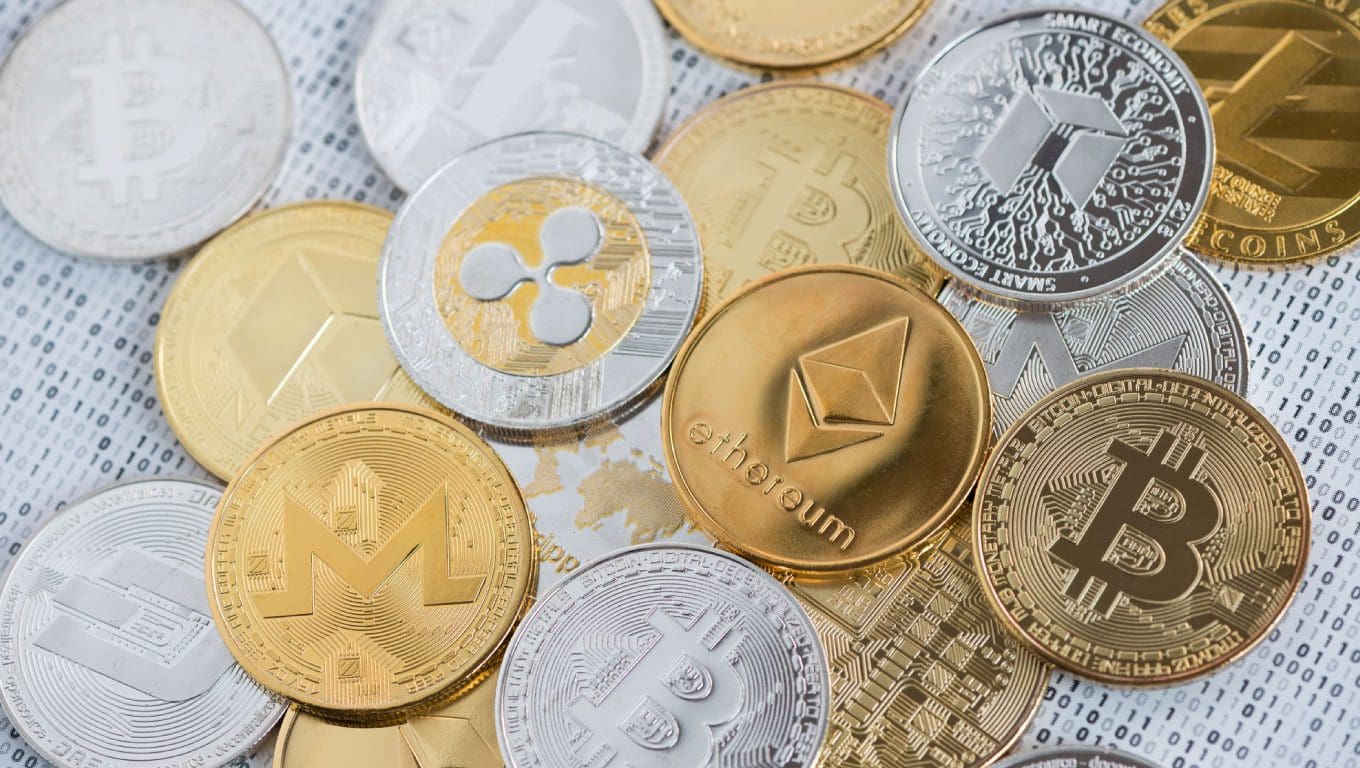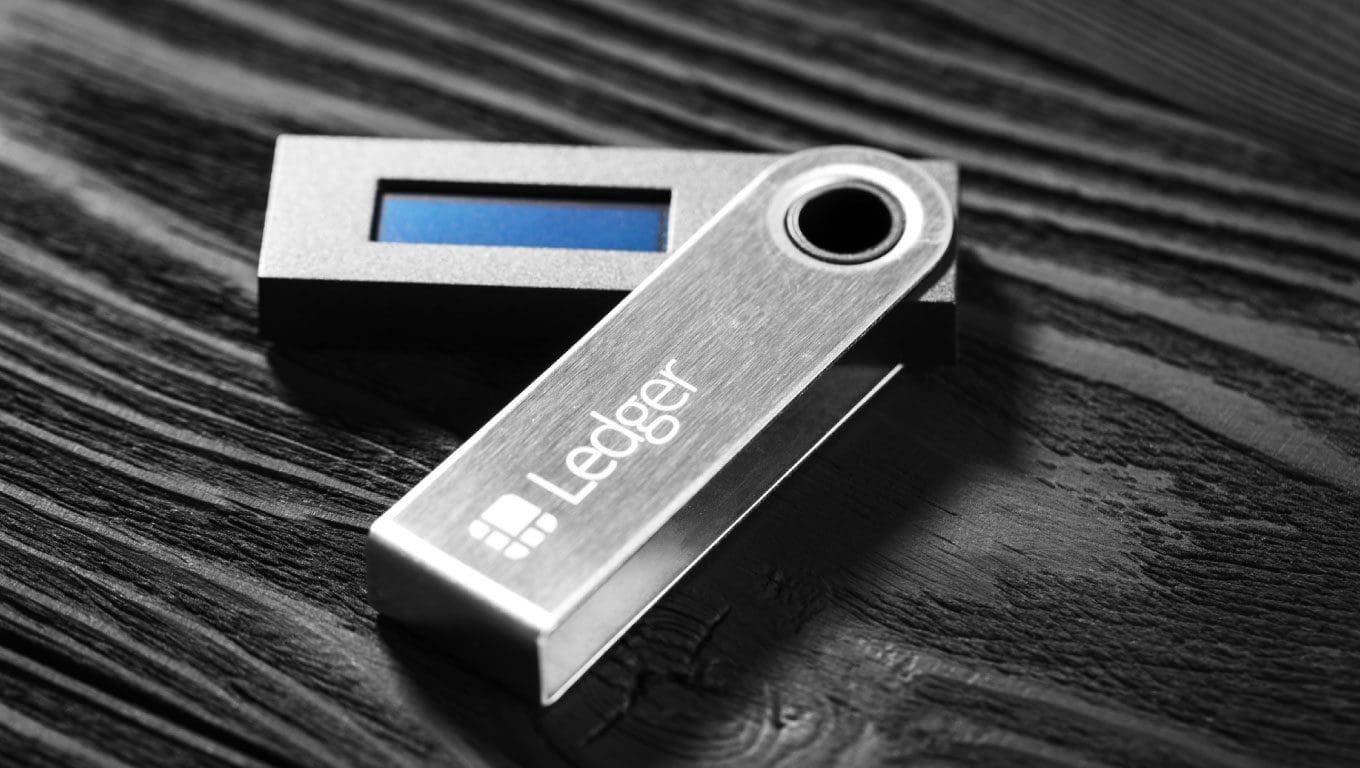Exchange crypto: what is it?
A crypto exchange is a virtual place to buy and sell cryptocurrencies.
Over time, crypto exchanges have expanded their offerings, coming to offer products such as staking, earn, debit cards and more.
Exchanges offer a service to investors and traders, allowing them to buy or sell cryptocurrencies through the use of their servers. Of course, their work is rewarded through a fee on each exchange processed.
Let’s get to know them better and learn about the main services they offer in this dedicated in-depth review.
Index
What are the best exchanges?
Assuming that no one forces us to choose only one exchange, it is still important not to register “randomly” on every cryptocurrency buying and selling site. This is more for security reasons than anything else: exchanges are not immune to cyber attacks any more than our wallets are.
By going to hold our cryptocurrencies in a place whose security is not directly dependent on us, we necessarily need to trust and know that we are placing them in good hands. Not only cryptocurrencies: even our sensitive data, necessary for registration on the platform, could fall victim to hackers.
But then, which exchange to choose? What are the top 10 crypto exchanges? When we go to select the most suitable portal for us, the options in front of us are many: Binance, Bybit, Crypto.com, Coinbase, etc.
Those just mentioned are certainly the most well-known, used and efficient exchanges.
In the selection process, there are several points to consider. For example, some strictly personal considerations stand out, such as the willingness to trade derivatives and futures-do we want to do that? Not all exchanges offer this service, so the choice will necessarily have to fall elsewhere.
Let’s look at some crucial points to take into consideration:
- Platform security: the absolute first aspect to evaluate. The security of the portal is crucial since our funds will be deposited within it;
- Types of coins exchanged: another very important feature, since when I go to create my investment portfolio I will not want limitations given by the lack of presence of that coin within the exchange I have chosen;
- Ability to buy in your national currency: the ability to buy in your currency reduces in the long run the buying and selling fees that will be made on the exchange;
- Commission costs (withdraw, maker and taker fees): assessing the costs of withdraw (withdrawal) fees and especially buy/sell fees within the exchange is another key aspect to consider;
- Physical location of the company: knowing where the company is headquartered can give you a lot of insight into the reality in question;
- Ease of use of the platform: since we will have to interact with the exchange application many times, it will be important to be clear about everything we are doing within it, without too many issues;
- Withdrawal network: the ability to withdraw a coin on one blockchain rather than another weighs heavily on the fees we will have to pay. Consequently, the more networks the exchange can support, the less expensive it will be to transfer our funds;
- Functions that can be used by the platform: through exchange applications it will not only be possible to buy and sell digital assets, but also much more. From one platform to another, we also need to consider the functions that might interest us, such as support for NFTs.
"There is no absolute best exchange: it depends on our needs"
Crypto exchange tokens
Not all tokens have a crypto exchange at their base. However, all crypto markets (or almost all) own their own tokens. It is up to us investors/traders to figure out whether or not it is worthwhile to trade on them.
Companies like Binance and Crypto.com have their own utility token, which is a crypto tied to the platform that can be used to get discounts, cashback on their card or unlock other extra features.
Usually, the performance of these tokens also moves with the growth of the platform, or the services offered. As a result, if a crypto exchange works well and the number of users within it grows, it is easy that in the long run the price of its token will also go up.
Speaking of which, it should be kept in mind that some platforms, such as Binance, operate the burn of its tokens precisely according to the profits earned by the company each quarter. Burning coins literally means removing them from circulation by reducing the total supply. The purpose is to raise the intrinsic value of the coin and prevent it from becoming excessively inflationary.
Some of these exchanges also seek to develop or have developed their own blockchain, usually equipped with a native spendable cryptocurrency to pay transactions and activate smart contracts. This leads to the need to buy exchange tokens by all users who want to use that particular blockchain. To continue with the Binance example, BNB is the official coin of the exchange.

Difference between CEX and DEX
Since cryptocurrency exchange platforms are nothing more than places to exchange their cryptocurrencies with other users, several decentralized exchanges have been created on DeFi that allow the same thing.
What are the main differences between centralized (CEX) and decentralized(DEX) exchanges?
The first, and most important, is the ability to hold one’s own private keys.
Let’s not forget that when we hold cryptocurrencies within a CEX, a centralized crypto exchange, we will no longer be the sole owners of the private keys and therefore not even of our coins; instead, we will go and delegate responsibility for them to the platform. This is due to the fact that the proposed wallets are custodial.
In contrast, using a DEX we will always be the owners of the keys since we will take advantage of smart contracts that will allow us to exchange coins without having to hold them within any server. In this case we will have to use our own non custodial wallet.
In addition to this first major difference, we must point out that CEXs are, precisely, centralized. Therefore, a real company will be in control of them, with the task of managing the servers and all the transactions that take place within the exchange.
This is not possible in a DEX since it is decentralized and lacks a central power or server. Behind a DEX there are not even owners; instead, we will find programmers who originally developed the DApp and who, once the application is launched, hold only a majority percentage of the platform tokens.
"In short: CEXs are centralized, while DEXs have no central ownership or servers"
Cryptocurrency exchanges and KYC
Any of these token and coin exchanges implement KYC: Know Your Customer.
This procedure involves recording user data, including photographs or scans of documents that can confirm the person’s identity.
Therefore, it will be important to carry an ID card or driver’s license during the account creation stages. If you use reputable platforms, there is nothing to fear.
The KYC procedure is necessary to meet the legal requirements for anti-money laundering. Through it, the crypto exchange (and eventually the authorities) will know who deposited the money. If lawfully sourced, we will have nothing to fear: buying, selling and holding cryptocurrencies are perfectly legal.
However, there are perfectly legal alternatives that allow buying bitcoin and other cryptocurrencies without KYC, within certain limits. A famous and reliable example is Relai (a bitcoin exchange, without any other crypto).

Safety and crypto exchanges
As in any activity that takes place totally online, in this case trading or investing in the cryptocurrency market, there is nothing totally safe and risk-free.
To date, the cryptocurrency world, by its very nature, is not particularly focused on protecting investors, who are always held accountable for their mistakes. However, the arrival of regulations such as MiCA in Europe, as well as a growing culture, should improve the situation.
Even crypto exchanges do not offer “insurance” services in case of loss of funds, whatever the cause of that loss. In many cases we find dedicated internal funds, but these are non-statutory initiatives, as is the case with bank accounts.
The dispassionate advice is this: if you are an investor, keep your funds within an exchange as little time as possible and opt for a crypto wallet, perhaps Ledger (link to Ledger store here). If, on the other hand, you like crypto trading, keep only the amount of coins you need to trade.
At this point, it becomes obvious to say that the choice of crypto exchange is not trivial and requires utmost care.

What are the safest crypto exchanges?
Staying on the top crypto exchanges we should not have any nasty surprises.
Since the collapse of FTX in the fall of 2022, there is much more focus and transparency on the part of these entities; the customer can then verify for themselves that funds are actually available, minimizing risk.
Major names include Binance, Coinbase, Bybit, Bitget, Kraken, OKX, and KuCoin.
Which crypto exchanges have the lowest fees?
Binance is among the least expensive realities overall, but Bybit and Bitget also offer good prices. Other exchanges offer higher prices, however, see Coinbase and Crypto.com.
However, focusing only on cost is wrong; other metrics should be measured as well. For example, Coinbase is yes more expensive, but it is a stable, Nasdaq-listed company and offers one of the most intuitive platforms ever.
Therefore, each user must decide which exchange is right for his or her needs.
Crypto exchange: final considerations
Having come to the conclusion of this introductory chapter, I recommend that you weigh the decision regarding the crypto exchange on which to hold most of your funds carefully.
On the other hand, I will let you in on a little secret: I have used and continue to rely on all the exchanges seen above. Each of them has pros and cons that I can use to my advantage.
Accordingly, start with an exchange you choose well and then slowly, depending on your needs or any changes made by the platform, open other accounts in different blockchain exchanges.

